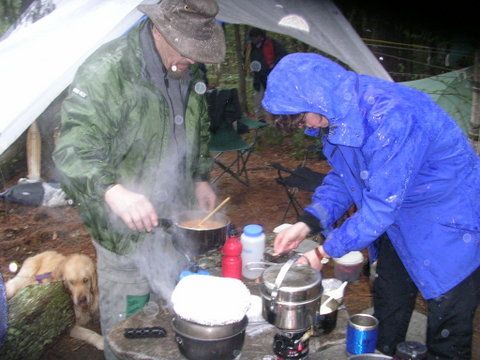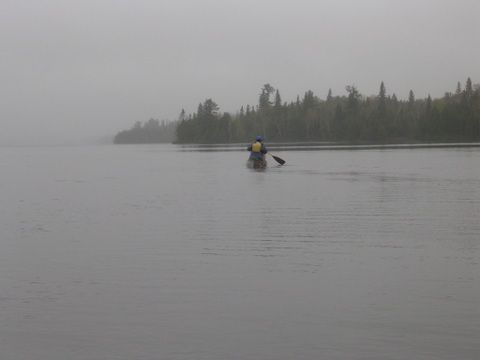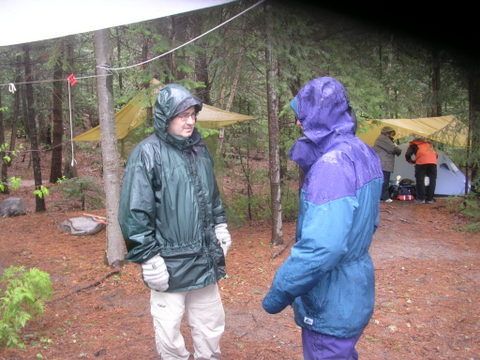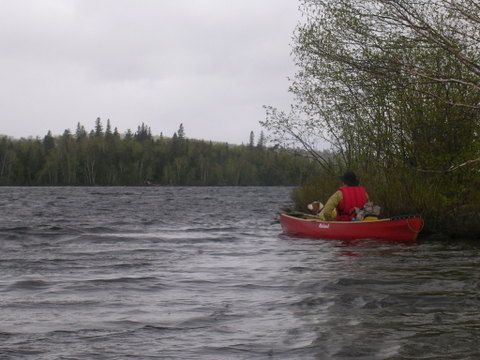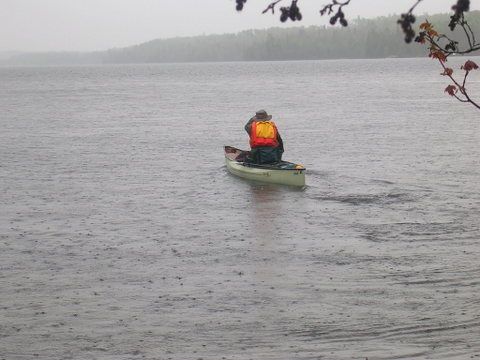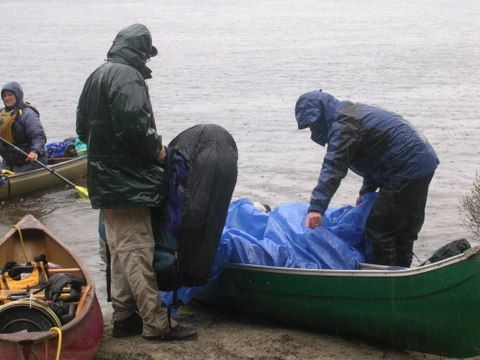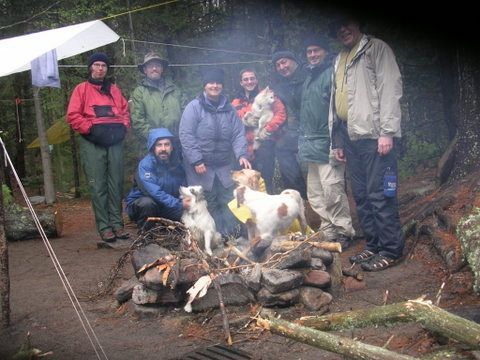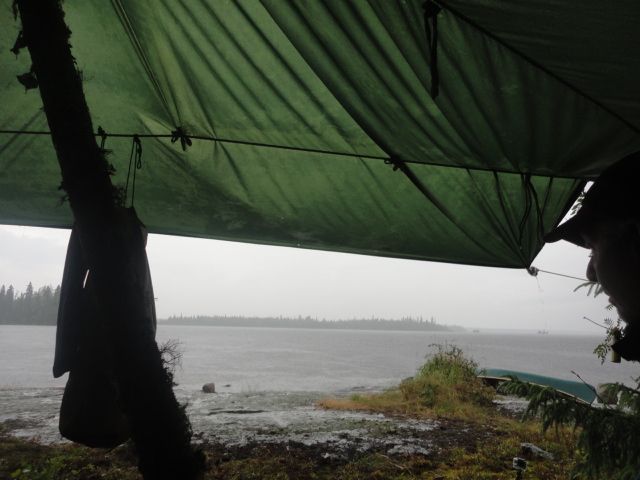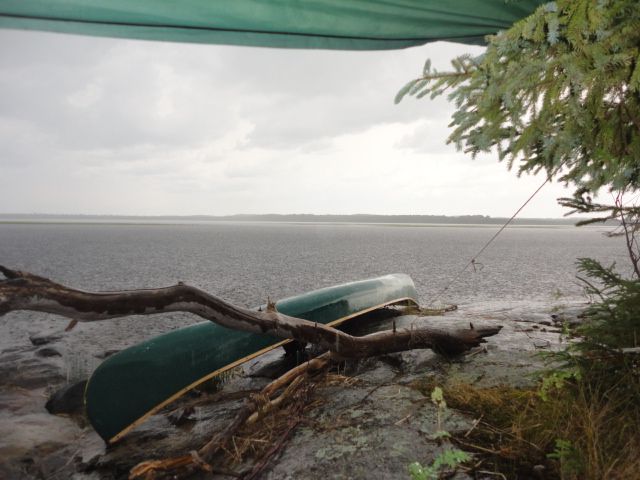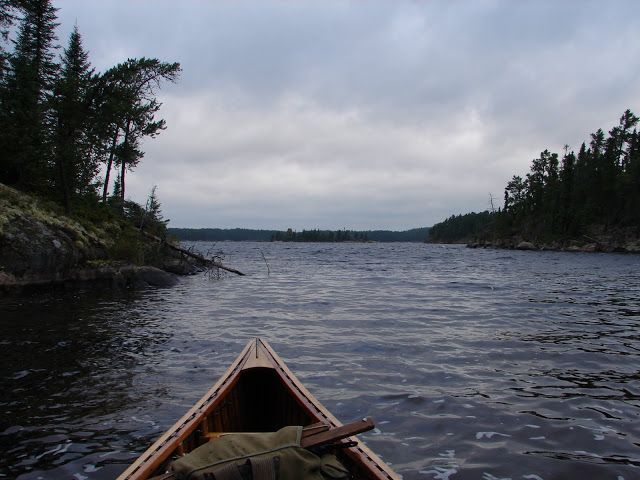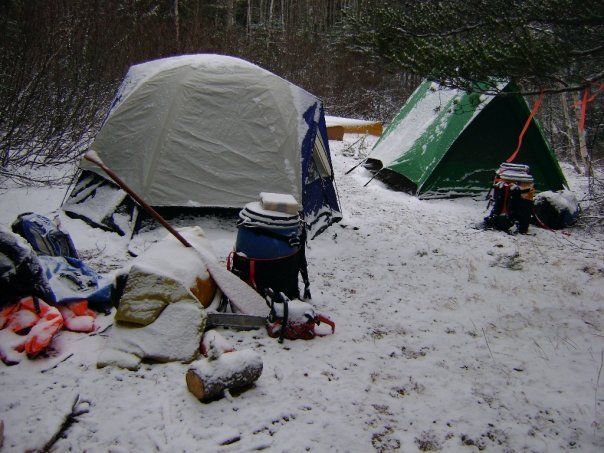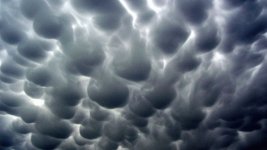The weather of the past weekend has really made me think about this. It rained straight for 18 hours, the wind blew at 40-50 km/h and all the while the temperature was dropping until the rain turned to freezing rain and then to snow. Everything was frozen the following morning. Cabin water lines froze. These are the sort of conditions that can create some real dire situations in my opinion. Cold is cold and winter is different than packing for a canoe trip and finding yourself in winter. The ice then snow would have created some serious weight on tents and tarps, there would have been almost zero chance of starting a fire unless you had made a stockpile of wood and covered it from 3 sides before the rain. Again, I am so glad to have not had to deal with that in the bush. It was miserable enough working in it.
The worst that comes timing for me was a trip I took in Killarney one spring. It was cold and we weren't prepared for it. Inexperience and lack of preparation made for a miserable day. There was also a November trip into Algonquin that I got dumped on with some wet snow overnight. It was just an overnighter so I just trudged through the wet snow and headed home but if I was to stay another night it would have been different. You couldn't move without getting wet. Trees and bushes were coated with the wet stuff and it dripped all day.
Let's here some of you horror stories about weather.
The worst that comes timing for me was a trip I took in Killarney one spring. It was cold and we weren't prepared for it. Inexperience and lack of preparation made for a miserable day. There was also a November trip into Algonquin that I got dumped on with some wet snow overnight. It was just an overnighter so I just trudged through the wet snow and headed home but if I was to stay another night it would have been different. You couldn't move without getting wet. Trees and bushes were coated with the wet stuff and it dripped all day.
Let's here some of you horror stories about weather.

